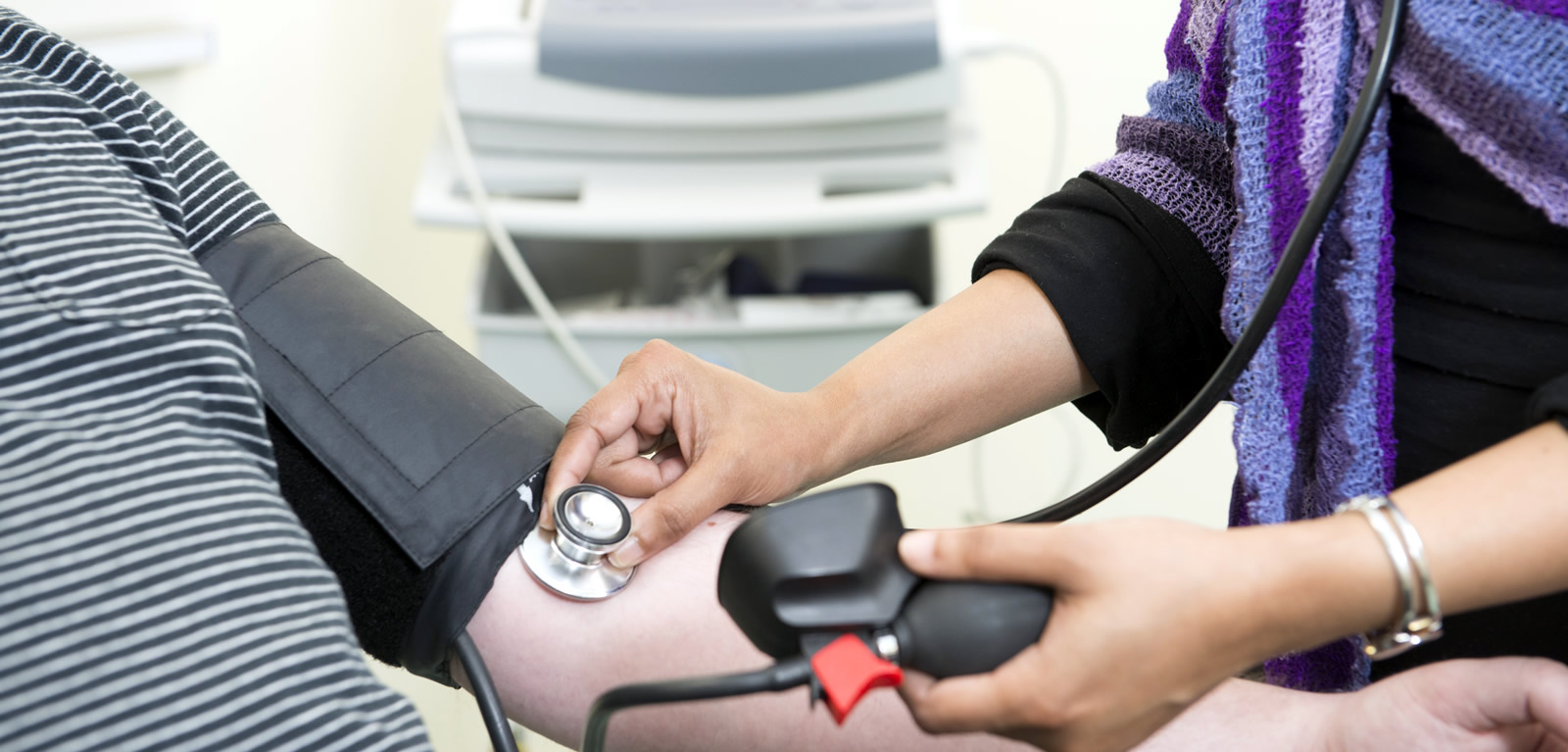SBS-led research reveals link between gut microbiome and flavonoids in improving blood pressure
A higher intake of flavonoid-rich foods (present in berries, apples, tea, red wine) is associated with a clinically relevant reduction in blood pressure levels, an association that is partially explained by characteristics of the gut microbiome.

This is according to new research led by Professor Aedin Cassidy from IGFS and the School of Biological Sciences.
Professor Cassidy, chair of nutrition and preventive medicine at IGFS and SBS, was lead investigator in the study of over 900 adults which has been published in Hypertension, an American Heart Association journal.
What we eat plays a critical role in shaping our gut microbiome but little is known about the relative importance of plant foods and specific constituents called flavonoids.
There is mounting evidence from population-based studies and clinical trials that a higher intake of flavonoids and flavonoid-rich foods can improve heart health but for the first time we provide data highlighting the key role of the gut microbiome in explaining the associations between flavonoid-rich foods and blood pressure (BP). Up to 15% of the observed association was explained by the gut microbiome suggesting these microbes play a key role in metabolising flavonoids to enhance their cardioprotective effects.
In this study of >900 Germany adults we found that higher habitual intakes of flavonoid-rich foods, specifically berries, red wine, apples/pears were associated with clinically relevant reductions in systolic blood pressure and pulse pressure, greater microbial diversity and lower abundance of Parabacteroides.
These blood pressure lowering effects are achievable with simple changes to the daily diet. Eating ~1.5 servings berries/day was associated with a 4.1 mmHg reduction in systolic BP, and 12% of the association was explained by gut microbiome factors. Drinking ~3 glasses/week of red wine was associated with 3.7 mmHg lower systolic BP levels, of which 15% could be explained by the gut microbiome.
Prof Cassidy said: “Our gut microbiome plays a key role in metabolising flavonoids to enhance their cardioprotective effects, and this study provides evidence to suggest these blood pressure-lowering effects are achievable with simple changes to the daily diet.
“Our findings indicate future trials should look at participants according to metabolic profile in order to more accurately study the roles of metabolism and the gut microbiome in regulating the effects of flavonoids on blood pressure. A better understanding of the highly individual variability of flavonoid metabolism could very well explain why some people have greater cardiovascular protection benefits from flavonoid-rich foods than others.”
The flavonoid–gut microbiome interaction associated with blood pressure highlighted in this paper suggest research should focus on inter-individual variability in the gut microbiome in mediating the cardiovascular benefits.
The analysis of habitual flavonoid intake with gut microbiome and blood pressure levels found:
- Study participants who had the highest intake of flavonoid-rich foods, including berries, red wine, apples and pears, had lower systolic blood pressure levels, as well as greater diversity in their gut microbiome than the participants who consumed the lowest levels of flavonoid-rich foods.
- Up to 15.2% of the association between flavonoid-rich foods and systolic blood pressure could be explained by the diversity found in participants’ gut microbiome.
- Eating 80 grams of berries a day was associated with an average reduction in systolic blood pressure levels of 4.1 mm Hg, and about 12% of the association was explained by gut microbiome factors.
- Drinking 250ml of red wine a week, just under three small glasses, was associated with an average of 3.7mm Hg lower systolic blood pressure level of which 15% could be explained by the gut microbiome.
Researchers from Kiel University were also major contributors to the research, and the PopGen cohort was led by Professor Wolfgang Lieb.
The research was funded by grants from the German Research Foundation and the German Federal Ministry of Education and Research.
